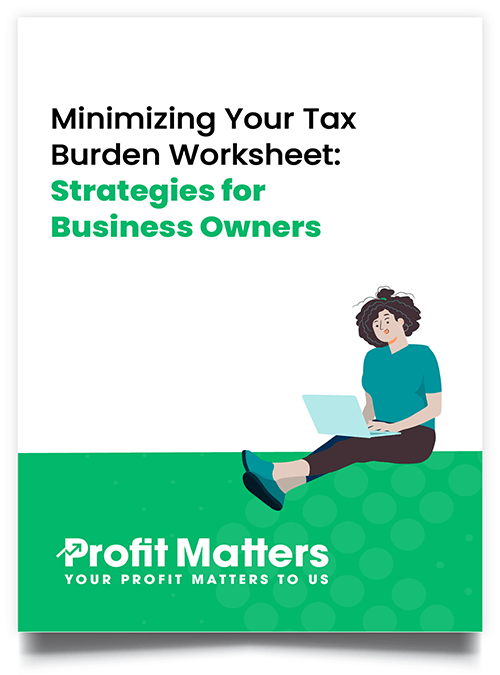Each and every entrepreneur has a story to tell about the mistakes they ended up making while learning the ropes.
Lucky for you, it’s mostly easy to correct some of these mistakes if timely action is taken.

Below, we’ve highlighted three common bookkeeping mistakes together with their fixes to help you take control of your business records.
Postponing Tasks
For some reason, business owners, especially the new ones, tend to push forward smaller tasks and concentrate more on the “big” ones. While there may be more urgent matters to be handled, it is critical for every business to create time to handle each and every task on time.
However insignificant it may seem at the time, postponing a couple of small tasks ends up creating an enormous problem over time.
Failure to keep your book of accounts up-to-date may result in misleading data in terms of periodic revenues, profit targets, and the overall accuracy of information.
So, which way to go?
At the very least, update your accounting records on a monthly basis. But ideally, weekly or daily would be great.
Depending on the magnitude of your transactions, consider engaging a bookkeeper to update your accounting info on a daily, weekly, or monthly basis.
Mixing Personal and Business Transactions
Let’s be honest – how many times have you (business owner) drawn money from your business for personal use? At least a few times, right?
And the vice versa is also quite common. It is also common for one to use their personal finances or assets on the business.
But while the relationship may be “convenient”, in so doing, you only end up missing the whole point of doing business.
If like most people, you’re in business to make a profit and not just to live by, then you’ve got to understand how much you’re putting in the business and how much you’re getting in returns.
That can only be achieved if personal and business finances are separated.
If you invest $1,000 in a business, don’t keeping adding or drawing the capital every time you feel like it. Allow the business to stand on its own, and if you need to add or remove a part of the capital, do so in an organized and documented manner.
To avoid these mix-ups, ensure that you maintain only a small amount of money in your business premises or checking accounts to avoid the temptation of misusing the funds. And should you be so inclined, you might find it useful to reimburse any business funds spend on personal use.
Hiring an Unqualified Bookkeeper
Unfortunately, qualifications don’t just come in the form of good grades engraved on a certificate.
Knowledge and experience go hand-in-hand.
Here’s a quick analysis for you…
Don’t expect to hire a bookkeeper with skills X and expect to get skills Y. What I mean is that what you pay for is what you get.
You want a $5/hr. bookkeeper? Well, you can only expect to get services worth $5/hr. and nothing more.
If you were passionate enough to set up your business, why settle for less than it deserves? I’m not saying cheap bookkeepers are quacks, but I’m also not saying they are the best.
My advice is, go for what is best for your business.
As we come to a close, we’d like to know – what bookkeeping mistakes did you make in your business?


